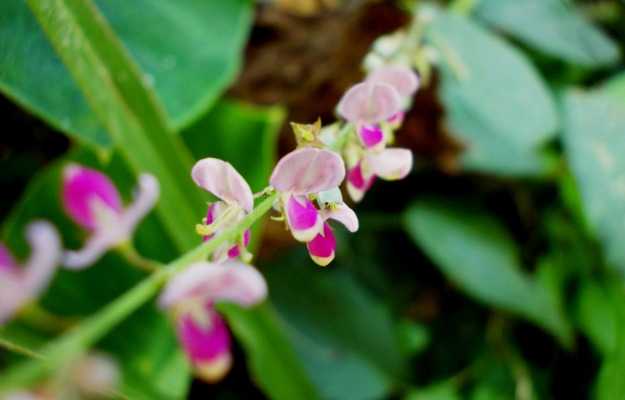Shalparni, also known as Desmodium gangeticum is a small shrub that grows to 2-4 feet. It is one of the most important herbs in Ayurveda. In fact, it is one of the 10 herbs the roots of which are used in Dashmoola: a concoction of 10 dried herbs that is said to be very beneficial.
Shalparni has woody stems and white or purple pea-shaped flowers that blossom between the months of August and November. It grows heavily in India, all the way from the forests of the Western Ghats to Sikkim.
Basic information about Shalparni:
- Scientific name: Desmodium gangeticum
- Common name: Shalparni
- Sanskrit name: Anshumati, Vidarigandha
- Family: Fabaceae
- Parts used: Entire plant, particularly the root
- Native region and geographical location: Tropical Africa, most of Asia (especially Indian subcontinent) and Australia.
- Energetics: Known to pacify Kapha and Vata "doshas"
Shalparni has a characteristic bittersweet taste and simple leaves, which is quite uncommon for a Desmodium plant. Continue reading to find out all that we know about Shalparni, its benefits and side effects.
















